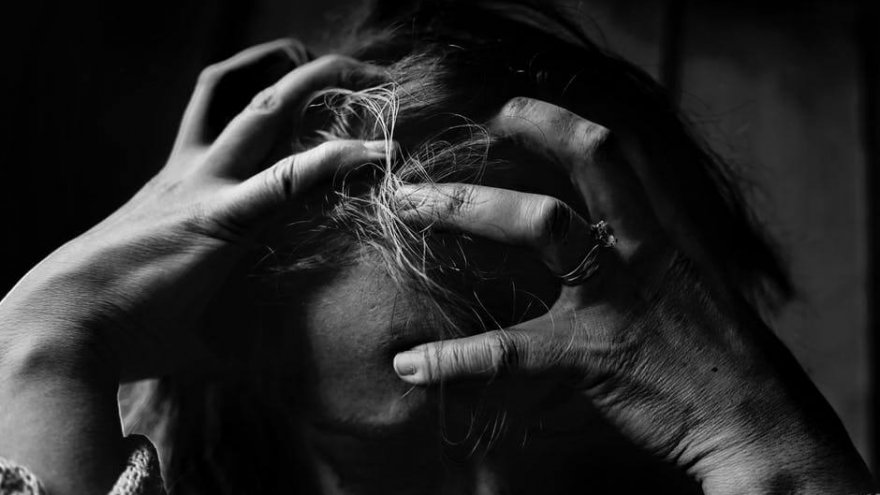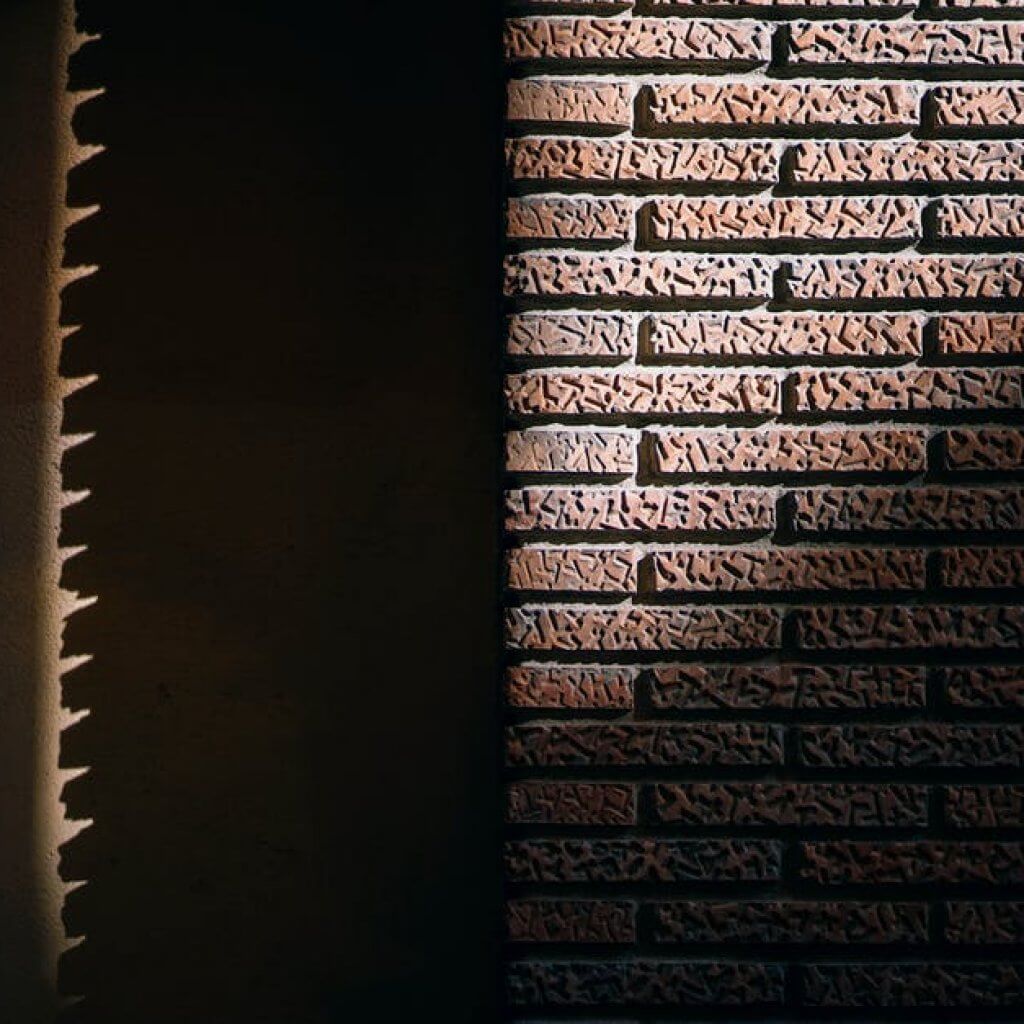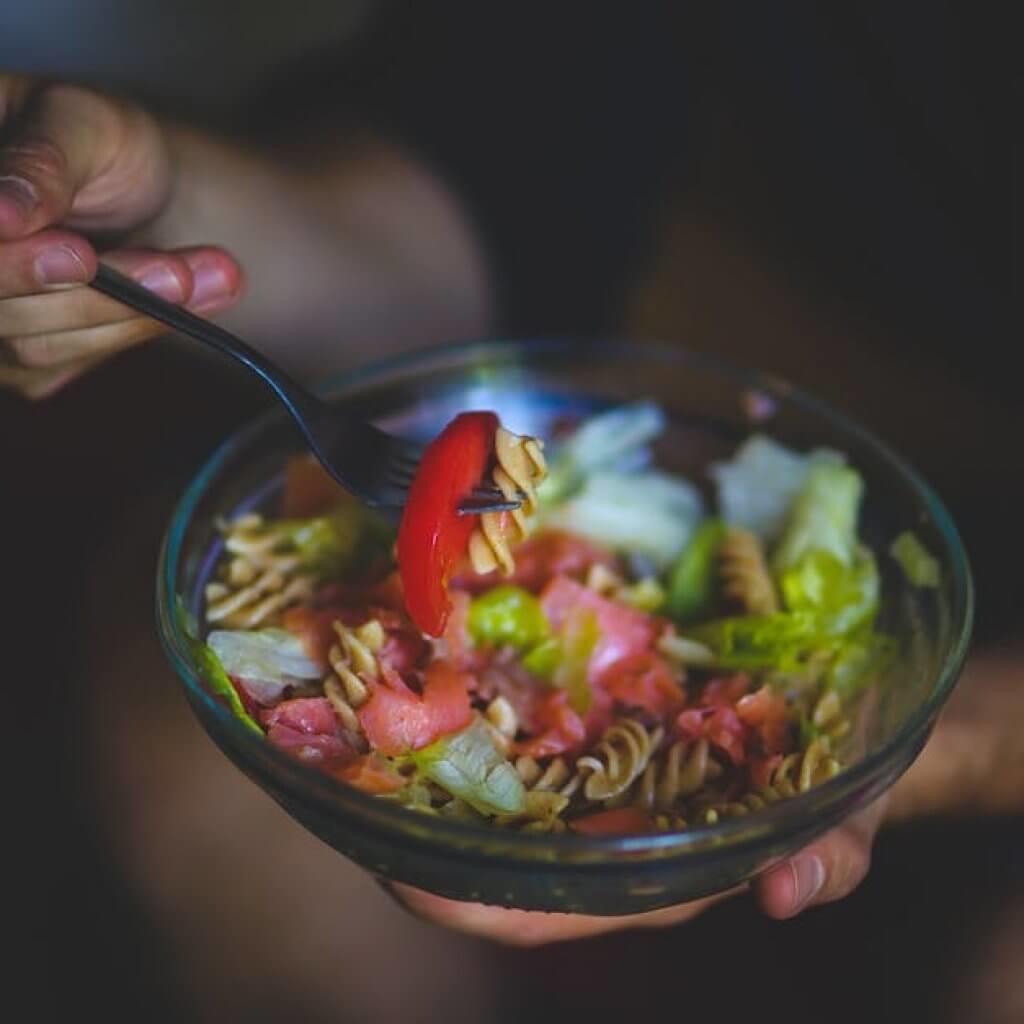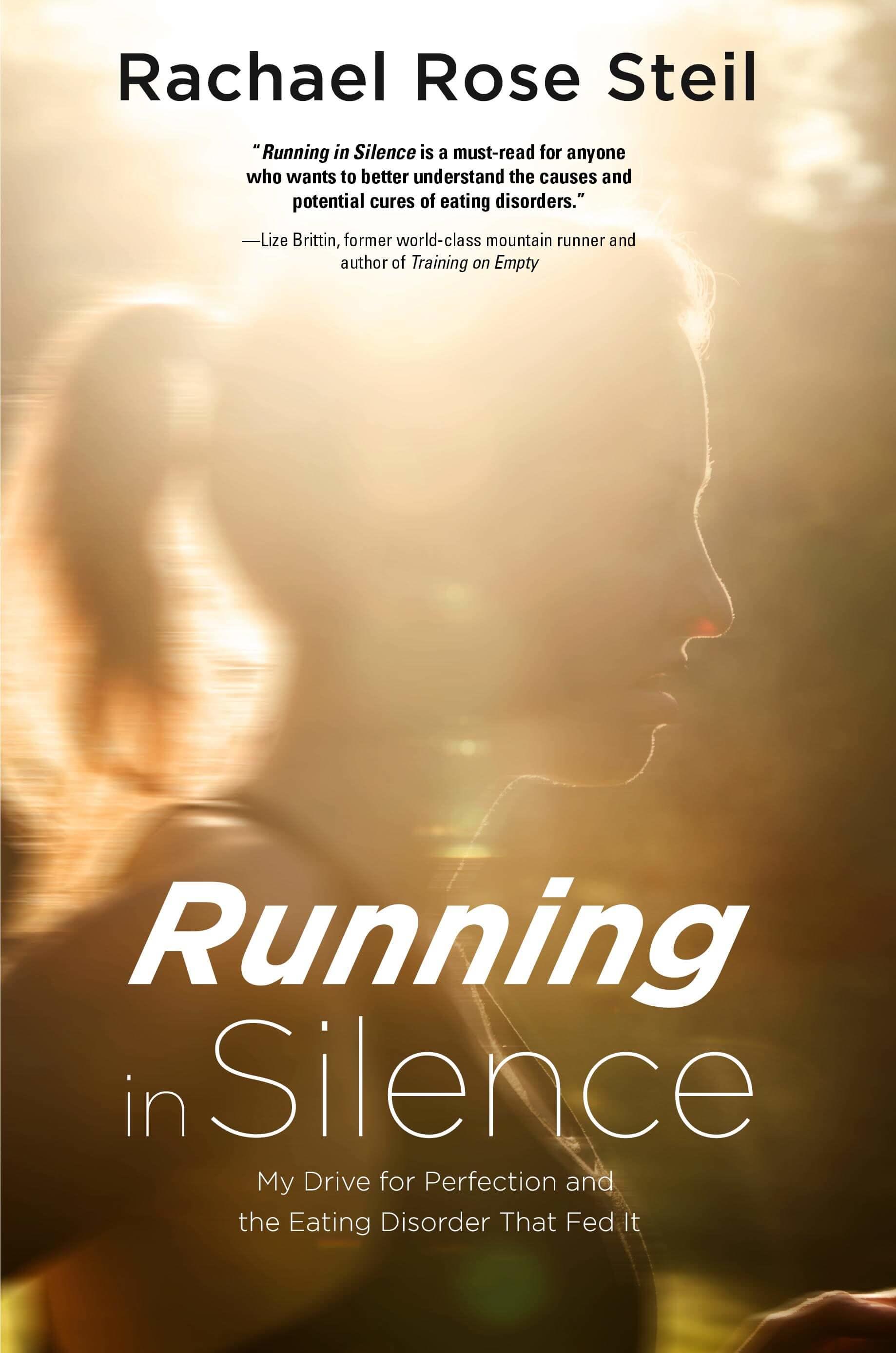Running with an Eating Disorder Part 1: A Day in the Illness

Anorexia in running is not just about thin girls finishing first in a race, or weakly struggling through a run. They are not just about weight changes, passing out, or shoving food around on the plate. Eating disorders are a nightmare of obsessive thoughts and fears circulating through the mind. I share a day in my past life as a runner with an eating disorder for a peek into the thought process.

7am. You wake up earlier than any student at your college for three reasons: 1) you must eat now so that you can space out each meal perfectly throughout the day 2) You must weigh yourself at this time every morning 3) You are starving.
7:05am. You pull out the scale from your closet. You don’t let your roommate know that it’s there, and you keep it hidden because you don’t want her to see that you are obsessed. You don’t want her to think that you care about your weight as much as you do.
7:15am. You run to the cafeteria because you can’t stand this hunger. You are anxious to get food as soon as possible, anxious to pull out the bag of carefully-portioned shredded wheat cereal to pour into a cafeteria bowl with skimmed milk. Grabbing a banana, you calculate calories over and over in your mind to make sure you have everything just right, to make sure that this is your biggest meal of the day but not too big so that you overeat.

7:45am. You finish breakfast feeling the hunger relinquish, but you still think about food because you’re not satisfied. You’re good enough to make it to lunch, but you will not stop thinking about food—what you will eat, when you will eat it, how you can perfect food further. You hope you will get through studying and class faster just so you can eat again.
11:25am. You are anxious waiting for lunch to come. You try to take a nap but can’t sleep because the hunger is so intense. You’re worried you’ll get to the cafeteria too late—you can’t even wait for your roommate to join you. You run to the cafeteria again, and when you sit at the “cross country table” you watch each teammate, one by one, join you. You watch everything they eat out of the corner of your eye, then watch everything you eat with extreme precision and focus. You make sure to write down the calories and portion sizes the moment you arrive at your next class, hiding the numbers behind your hand because you don’t want anyone to see how obsessed you’ve become.
2:45pm You grab exactly eight almonds before practice begins, worried you will be too hungry for dinner and end up bingeing. Dinner will be your smallest meal.
3:15pm. Cross country practice makes you feel free and light. You relish feeling cold because of your low body fat. You don’t mind that you’re weak when it comes to lifting. You think your lower weight makes you tougher than anyone. You feel adored by your coach. Running fast speaks for you— everyone knows who you are because you are the fastest.

5pm. Your teammates take off for dinner but you’re worried that you’ll eat when you’re not actually hungry. You’re not quite sure what hunger is anymore. You wonder if often you’re just “emotionally” hungry. You wonder if you’ll eat when you’re not hungry and consume calories you shouldn’t have. You’re not sure what hunger should be anymore.
5:20pm. When you finally give in to dinner, you dread it. You know that according to your “rules,” this must be your smallest meal of the day. You envy that your teammates can eat whatever they want and not seem to gain weight, because you feel if you ate like they did, you would go out of control.
6pm. You begin studying, but you spend the entire time trying to stop thinking about food. You take study breaks to recount your calories. You research a food you tried at the cafeteria to see how healthy it is. Your stomach drops with horror when you think you might have eaten something you should never eat again.
You think about what you get to eat for breakfast tomorrow. You “treat” yourself with gum, chewing through a pack of it until your jaw is exhausted and sore.

9pm. You go to bed early because you don’t want the hunger to hit too hard, you don’t want to give into food this close to sleeping for fear that you will gain weight. You worry that if you don’t get enough sleep, you will end up overeating food the next day. You struggle to fall asleep, dreaming about breakfast, dreaming about the next chance to consume food again. Meanwhile your roommate is out with other teammates, out studying at the library with classmates, or perhaps out seeing a guy she might like on the team.
You fall asleep, eager to escape the hunger, and anticipating the food to come.
–
Rachael Steil, author of Running in Silence: My Drive for Perfection and the Eating Disorder That Fed It, speaks publicly about eating disorders to share her story, create awareness, offer tools for recovery, and bring hope.

Latest Articles
 Is Running on a Treadmill Easier Than Running Outside?Runners have their own preferences, whether it is treadmill running, running outside on the road, or exploring trails. So...
Is Running on a Treadmill Easier Than Running Outside?Runners have their own preferences, whether it is treadmill running, running outside on the road, or exploring trails. So... Is It OK to Use Trail Running Shoes on the Road?While trail running shoes can be used on roads, especially in situations where a runner encounters mixed terrains or pref...
Is It OK to Use Trail Running Shoes on the Road?While trail running shoes can be used on roads, especially in situations where a runner encounters mixed terrains or pref... How to Fix Sore Quads After Running?Rest, ice, gentle stretching, and over-the-counter pain relievers can help soothe sore quads after running. Also, ensure ...
How to Fix Sore Quads After Running?Rest, ice, gentle stretching, and over-the-counter pain relievers can help soothe sore quads after running. Also, ensure ... 10 Fruits With The Most Electrolytes to Replace Sports DrinksThese fruits are high in electrolytes such as potassium, magnesium, and calcium, essential for hydration, muscle function...
10 Fruits With The Most Electrolytes to Replace Sports DrinksThese fruits are high in electrolytes such as potassium, magnesium, and calcium, essential for hydration, muscle function...

